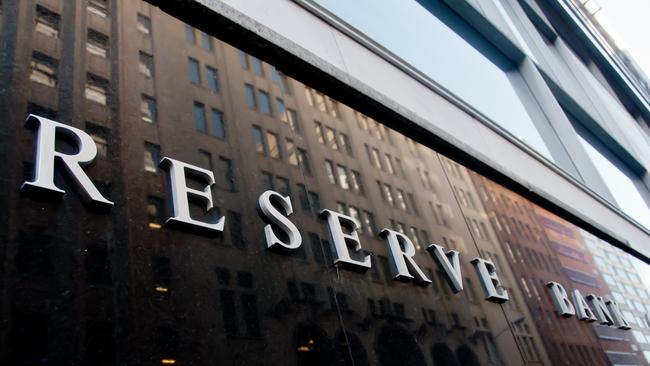RBA flips position on BNPL surcharge
The RBA has determined that merchants should have the ability to apply a surcharge to customers using a BNPL platform.

The Reserve Bank has flipped its position on the no-surcharge rule for businesses accepting payments through buy now pay later services, ruling there is a public interest case for removing the rule.
In a conclusions paper for its review of retail payments regulation, the central bank said merchants should have the ability to apply a surcharge to customers using a BNPL platform.
“The ability to surcharge can be particularly important for promoting competition between payment services where merchants consider it essential to accept a particular payment method to remain competitive,” the paper said.
The RBA said last year that BNPL providers could maintain the no-surcharge rule to enable them to grow their customer bases and compete against the credit-card schemes.
However, the central bank said it was now in the public interest and consistent with its mandate to “promote competition and efficiency in the Australian payments system” for BNPL companies to remove their no-surcharge rules.
Furthermore, while BNPL still accounted for a relatively low share of overall transactions in the economy, there were indications that its use was now widespread in certain retail segments.
There was “strong feedback” from merchants that BNPL had become an essential payment offering for many of them and that the high cost of these services was pushing up their payment costs.
“This approach is consistent with the (RBA’s) longstanding principle in relation to no-surcharge rules,” an RBA statement said. “Given the complexity of the regulatory issues, the bank will continue engaging with the Treasury on regulatory approaches.”
Afterpay, which is subject to a takeover bid by the US payments company Square, said any change to the no-surcharge rule would not have a material impact on the company.
Matthew Abbott, a spokesman for rival Zip Co, said it recognised the RBA’s position and would engage with Treasury on what this would entail.
“Zip has always said our model is very different to cards because we provide many different services to merchants, most crucially marketing and customer leads,” Mr Abbott said.
“We also provide significant commercial benefit to merchants by removing fraud and chargeback risk. Our position was always that surcharging was a private commercial matter negotiated between Zip and merchants.”
UBS said in a note that the RBA’s position increased completion risk for the Square takeover of Afterpay. Analyst Tom Beadle said he had always believed that the no-surcharge rule would be removed, although the backflip from the RBA’s previous position was a surprise.
“In our view, no surcharge rules have created a distortion that has significantly influenced consumers’ choice of payments method, and inhibit competitive neutrality,” Mr Beadle said.
“In our view, we see a strong risk that overseas regulators could impose similar restrictions on BNPL.”
Mr Abbott said the BNPL sector remained in its infancy, and was characterised by lots of competition, low barriers to entry and significant innovation.



To join the conversation, please log in. Don't have an account? Register
Join the conversation, you are commenting as Logout